By Junaid Imdad, Blogger & Digital Experience Strategist
Let’s be honest: SEO in 2025 is a whole new ballgame compared to what it was ten years ago. The era of cramming in keywords, churning out stiff, robotic content, and manually tracking every single keyword in a spreadsheet is behind us. Nowadays, SEO is smarter, quicker, and way more strategic—and a big part of that shift is thanks to AI-powered tools that are revolutionizing how we tackle both Keyword Research and On-Page Optimization. AI in Keyword Research and On-Page SEO has evolved from just a trendy term to a must-have tool for SEO.
Instead of spending countless hours sifting through mountains of data, marketers and creators can now leverage AI to quickly find high-intent, low-competition keywords, whip up contextually relevant content outlines, and craft articles that hit the mark for both user intent and search engine algorithms. AI not only speeds things up—it also enhances accuracy, making it simpler to create content that’s valuable, easy to find, and ready to rank.
With tools for predictive keyword modeling, semantic analysis, content scoring, and automatic internal linking suggestions, modern SEO isn’t about tricking the system—it’s about producing smarter, more helpful content that genuinely serves real people. If you’re still clinging to outdated strategies and cumbersome workflows, you’re not just missing out on efficiency—you’re likely falling behind in visibility, traffic, and conversions.
In 2025, embracing AI-driven SEO isn’t just a nice-to-have—it’s the new norm. The sooner you get on board, the more competitive and future-proof your content strategy will be.
Having spent the last five years diving into digital marketing trends and fine-tuning content, I’ve seen how AI in Keyword Research and On-Page SEO has evolved from just a trendy term to a must-have tool for SEO. In this blog, we’ll explore how AI is reshaping keyword discovery, enhancing content strategies, elevating user experience, and helping businesses climb the ranks on search engines like Google.
How AI in Keyword Research and On-Page SEO Is Changing the Game in 2025
In 2025, leveraging AI for keyword research and on-page SEO isn’t just a nice-to-have anymore—it’s absolutely essential if you want to keep up in the digital arena. The traditional methods of relying solely on manual keyword checks, spreadsheets, or basic SEO plugins just don’t cut it these days. Search engine algorithms have advanced, and our strategies need to evolve too. To craft content that truly ranks, engages, and converts, you need tools that can match the pace and complexity of today’s SEO environment.
This is where AI-driven platforms like SurferSEO, Clearscope, and Frase come into play. These tools go beyond merely suggesting keywords—they provide real-time, data-backed insights that help you grasp search intent, identify content gaps, and even analyze what’s working for your competitors. In mere seconds, you can pull up a comprehensive content brief, uncover the best terms to include, and get smart suggestions to refine your headings, structure, and word count for optimal relevance and ranking potential.
Whether you’re a freelancer, part of an agency, or an in-house marketer, these platforms enable you to optimize with accuracy and save countless hours of manual work. In a landscape where organic visibility can make or break your content strategy, embracing AI-enhanced SEO isn’t just a choice—it’s your secret weapon.
These AI tools can uncover semantic relationships, understand search intent, and spot trending queries that fit your niche perfectly. When it comes to on-page SEO, AI plays a crucial role in fine-tuning headings, meta descriptions, internal links, and even the overall content structure to enhance readability and engagement. This level of automation and smart technology ensures your content not only satisfies search engine algorithms but also resonates with human readers, giving you a strategic advantage in today’s crowded content arena.
From Gut Feeling to Data-Driven Precision: AI-Powered Keyword Research
Traditional keyword research used to be a bit of a guessing game, relying on gut feelings, sifting through Google Search Console, and using basic tools like Google Keyword Planner. It was often a slow and imprecise process, limited by the amount of data you could manually sift through. But fast forward to 2025, and everything has changed—AI has completely revolutionized keyword research and on-page SEO, turning what was once a tedious chore into a smooth, data-driven strategy.
With today’s AI-powered SEO platforms, you’re no longer left wondering what your audience is searching for. Instead, you have access to real-time insights pulled from vast datasets, analyzed in mere seconds. These tools can spot long-tail keyword opportunities, identify emerging trends, and break down search intent patterns in ways that would have taken hours of manual work before. Even better, AI doesn’t just find keywords—it helps you understand them in context, revealing how users think, search, and engage with content at every stage of their journey.
This means you can now optimize your content not just for keywords, but for topics, questions, and experiences driven by user intent that align more closely with actual search behavior. The outcome? Smarter content, greater relevance, and improved rankings. In a digital landscape that’s evolving at lightning speed, leveraging AI for keyword research isn’t just a smart move—it’s become the new norm for marketers who want to stay ahead of the curve. These tools do more than just identify keywords; they…
- Analyze billions of search queries in real-time
- Predict emerging trends before they peak
- Understand search intent and semantic relationships
- Group keywords by topic clusters automatically
Detect AI-generated content and give it a human touch with our AI Content Detector. Just paste your text, and in seconds, you’ll receive accurate, human-like results!
Here’s the text to analyze: Take tools like Surfer SEO, SE Ranking, Ahrefs, and Semrush AI Assistants, for instance. They’re now essential players in the realm of AI for keyword research and on-page SEO. These tools offer AI-driven keyword suggestions that go beyond just looking at volume and difficulty. They dive deep into search intent, seasonality, and competition, enabling marketers to create content that resonates with both user expectations and the algorithms.
AI is revolutionizing how marketers discover content opportunities in keyword research and on-page SEO. It even helps pinpoint long-tail keywords and real user questions, which are goldmines for featured snippets, voice search, and zero-click results. Instead of spending countless hours sifting through keyword lists, today’s AI-powered SEO tools can bring to light intent-driven phrases that truly match your audience’s needs. This not only boosts your content’s visibility but also makes it more relevant and engaging across various search platforms.
Predictive SEO in Action
When it comes to keyword research and on-page SEO, AI is shaking things up by offering predictive capabilities that go way beyond the usual tools. Ever wanted to get ahead of the game and rank for keywords before they really take off? With predictive AI tools, you can! These tools dive into user behavior trends, social media buzz, and existing content gaps to pinpoint high-potential topics before they hit the mainstream. This proactive strategy empowers marketers and SEO experts to stay one step ahead, giving their content that all-important first-mover advantage in organic search.
For instance, if you’re a health blogger, AI could give you a heads-up that “microbiome and mental health” is gaining traction based on academic research and discussions on Reddit, long before it becomes a buzzword.
Understanding Intent: AI Goes Beyond Keywords
It’s no longer enough to know what users are searching. You have to understand why they’re searching.
AI helps classify keywords based on intent:
- Informational (e.g., “how AI affects SEO”)
- Navigational (e.g., “Surfer SEO login”)
- Transactional (e.g., “buy SEO course online”)
- Comparative (e.g., “Ahrefs vs Semrush for beginners”)
This is where AI really shakes things up in keyword research and on-page SEO. It plays a crucial role in shaping your content strategy by diving deep into real user intent and behavior. With this valuable insight, you can create targeted landing pages, engaging blogs, or high-converting product pages that not only meet user needs but also climb higher in search results.
When it comes to keyword research and on-page SEO, one of the standout benefits that AI offers is its ability to classify user intent. In 2025, simply targeting the right keywords isn’t enough—you also need to ensure your content format aligns with what users and search engines are looking for. This is where AI really excels. By sifting through thousands of search results and identifying patterns in real time, AI tools can figure out whether a particular keyword is best suited for a blog post, product page, landing page, or even a video.
This level of precision helps you steer clear of one of the most frequent SEO blunders: mismatching your content type with the keyword’s search intent. For instance, if Google consistently displays e-commerce listings for a keyword, but you decide to write a blog article about it, your chances of ranking well are pretty slim—regardless of how fantastic your content is. With AI, you gain instant insight into not just what to target, but how to effectively target it.
By aligning your content format with the prevailing search intent, you significantly boost your chances of ranking higher, attracting more relevant traffic, and—most importantly—meeting user expectations. In a world where relevance is key, this kind of intent-driven optimization is a game-changer for freelancers, marketers, and brands eager to stay ahead of the competition and enhance their SEO performance.
On-Page SEO: Real-Time Optimization Powered by AI
AI isn’t just helpful before you write, it’s also powerful while you write.
Modern tools like Frase, Writesonic, Jasper, and Surfer SEO now offer real-time on-page optimization suggestions:
- Ideal word count
- Keyword density range
- Topic relevance
- Content score compared to top-ranking pages
- Questions to answer
- Suggested headlines
As a writer, this is game-changing. It’s like having a personal SEO editor working with you in real time.
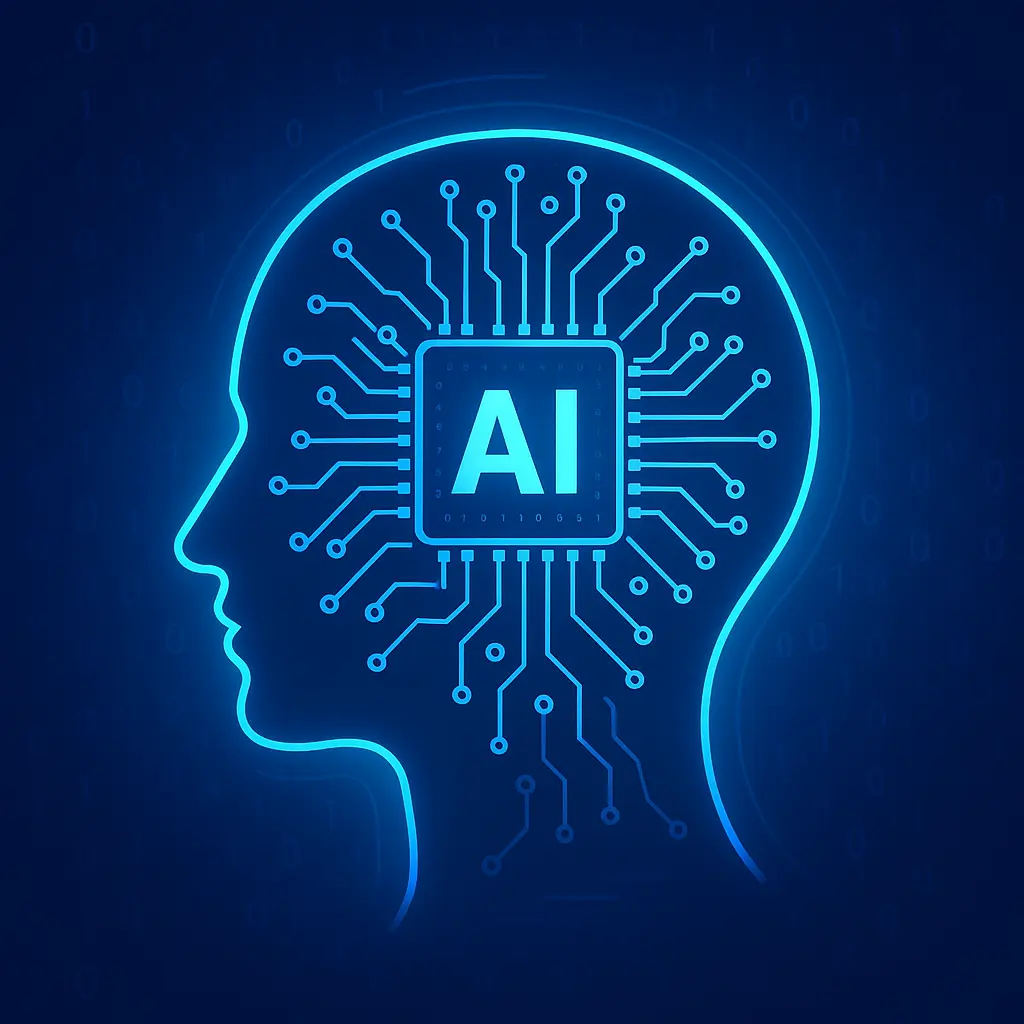
NLP and Semantic SEO
The role of AI in keyword research and on-page SEO has really taken off, thanks to advancements in Natural Language Processing (NLP). This cutting-edge technology allows search engines to grasp the subtleties of language much better. With Google’s BERT and MUM algorithms, which are both driven by NLP, we now see a remarkable ability to interpret context and user intent. So, it’s not just about matching keywords anymore; your content needs to resonate with how real people ask questions and look for answers. By harnessing the power of NLP through AI, marketers can create content that’s not only more relevant but also focused on the user, helping it rank higher and meet search intent more effectively.
What this means for content:
- Synonyms and semantically related terms matter more
- Keyword stuffing can hurt rather than help
- Answering user questions in clear, natural language boosts rankings
One of the most impressive ways AI can enhance keyword research and on-page SEO is by pinpointing the entities or concepts your content might be missing when compared to the top-ranking pages. These AI-driven SEO tools do more than just basic keyword analysis; they dive into semantic relevance. By shining a light on what your competitors are including that you might be overlooking, AI helps bridge the semantic gap, making your content richer and more aligned with what users are actually looking for. This not only deepens the topical coverage but also increases your chances of ranking for a broader array of related queries.
Automating Internal Linking
AI is also stepping up to enhance one of the most overlooked yet powerful SEO strategies: internal linking. While many marketers tend to zero in on keywords and backlinks, internal linking quietly plays a vital role in boosting crawlability, enhancing user experience, and distributing page authority. In the past, this meant manually searching for relevant pages and placing links where they seemed appropriate—often leading to inconsistencies, taking up a lot of time, and leaving room for mistakes.
Now, with AI-driven SEO tools, the landscape is shifting. These platforms can quickly scan your entire website and recommend the best internal link structures based on a smart mix of factors, such as:
- Topical relevance
- Authority flow (PageRank sculpting)
- User journey mapping
This not only improves crawlability but also keeps users on your site longer, something Google loves.
Voice Search and AI: Matching Natural Language Queries
As voice search keeps gaining traction—with more than 60% of smartphone users now turning to voice assistants like Siri, Google Assistant, and Alexa—it’s become crucial to optimize your content for natural language. Unlike the old-school typed queries, voice searches are typically longer, more conversational, and framed as questions. Instead of typing “best running shoes,” users are now asking, “What are the best running shoes for flat feet under $100?” This change in how people search means your content strategy needs to adapt to reflect the way real folks talk and ask questions.
To ensure you show up in voice search results, concentrate on incorporating long-tail keywords, using everyday language, and clearly answering common questions—ideally in featured snippets or FAQ sections. Organizing your content with tools like schema markup can also boost your chances of being recognized by voice-activated devices. By 2025, crafting content that aligns with how users naturally speak—rather than how we’ve traditionally typed—will be one of the smartest moves to future-proof your SEO and connect with your audience in a more genuine way.
AI helps by:
- Suggesting conversational keywords
- Structuring content in Q&A format
- Recommending schema for voice-rich results (like FAQ or HowTo schema)
Want to show up when someone says, “Hey Google, what’s the best on-page SEO strategy?” AI tools help you write exactly what voice assistants want to surface.
Personalization and User Experience (UX)
Google’s ranking systems now incorporate user engagement metrics such as:
- Time on page
- Bounce rate
- Scroll depth
AI tools can simulate user journeys and offer suggestions to improve UX:
- CTAs in the right places
- Easier navigation
- Scannable formatting (bullet points, subheadings, rich media)
Platforms like Clearscope and MarketMuse even grade content readability and structure, helping you create web pages users love to stay on.
Want to know about UI/UX trends, click on it.
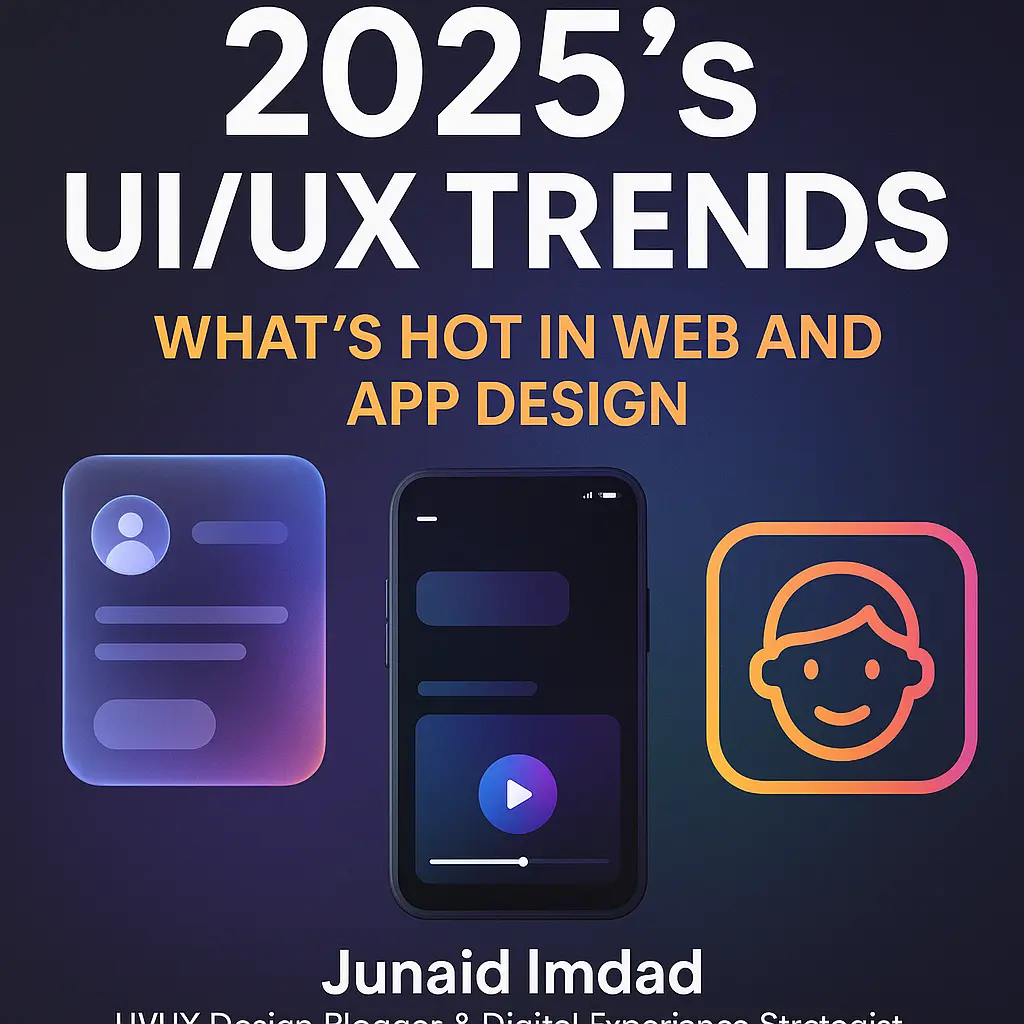
Real-Time Performance Monitoring and Optimization
In the past, you had to wait weeks to understand if your SEO changes worked. Now, AI provides real-time feedback:
- Rank tracking and anomaly detection
- Predictive traffic modeling
- Automated A/B tests for headlines and metadata
This allows for faster iterations, smarter decisions, and ultimately better ROI.
AI-Powered Competitor Analysis
Understanding what your competitors are doing is still crucial but now AI does the heavy lifting.
It can:
- Reverse-engineer their keyword strategies
- Compare backlink profiles
- Benchmark content quality
- Predict what they might target next
This arms you with the insights needed to outrank them.
The Ethics of AI in SEO: A Quick Note
While AI is powerful, over-relying on it for automation can backfire. Google still values:
- Original thought
- Human expertise
- Authoritative voices (E-E-A-T)

Use AI to guide and enhance, not replace your content creation. The best-performing SEO content in 2025 blends AI insights with human experience.
Final Thoughts: Adapt or Fall Behind
AI isn’t replacing SEO, it’s evolving it.
If you’re a business owner, marketer, or content creator in 2025, you need to understand that AI is no longer optional. It’s your co-pilot, your research assistant, your strategist.
By using AI for:
- Smarter keyword research
- Context-aware content optimization
- Better UX and internal linking
- Voice and visual search readiness
You’re setting yourself up for long-term SEO success.
Remember, Google’s algorithms are AI-driven. To rank in search, you must speak its language. And that language is being shaped every day by tools, systems, and insights powered by artificial intelligence.
Have you integrated AI into your SEO workflow yet? If so, what tools have helped you the most? Let’s talk in the comments or connect on LinkedIn.
Junaid Imdad
Blogger & Digital Experience Strategist

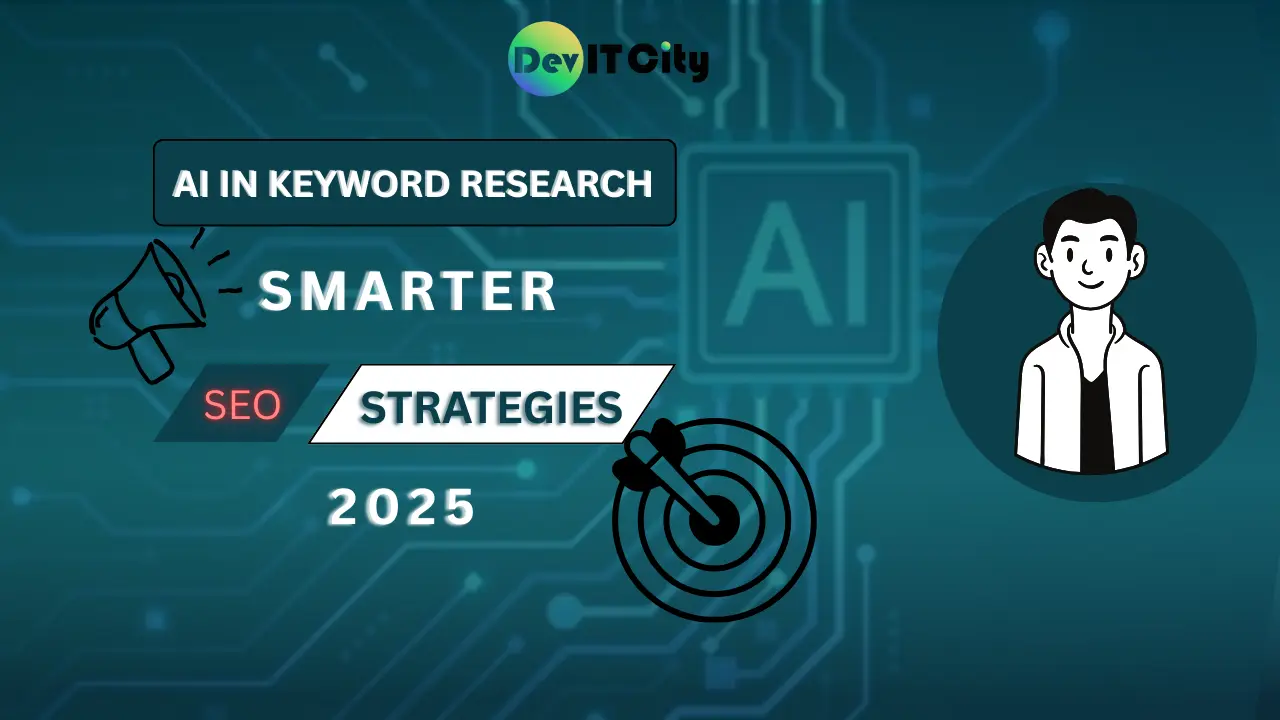
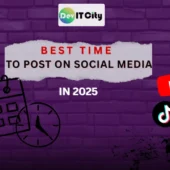
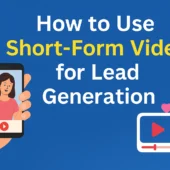
How to Optimize Your Website for Mobile-First SEO in 2025 – Boost Speed, UX & Rankings - Devitcity
[…] tip: Learn how AI in Keyword Research and On-Page SEO can help you optimize voice […]
FlexClip: The Future of AI Video Editing for Creators, Marketers & Brands in 2025 - Devitcity
[…] Need a framework for keyword targeting? Read AI in Keyword Research and On-Page SEO […]